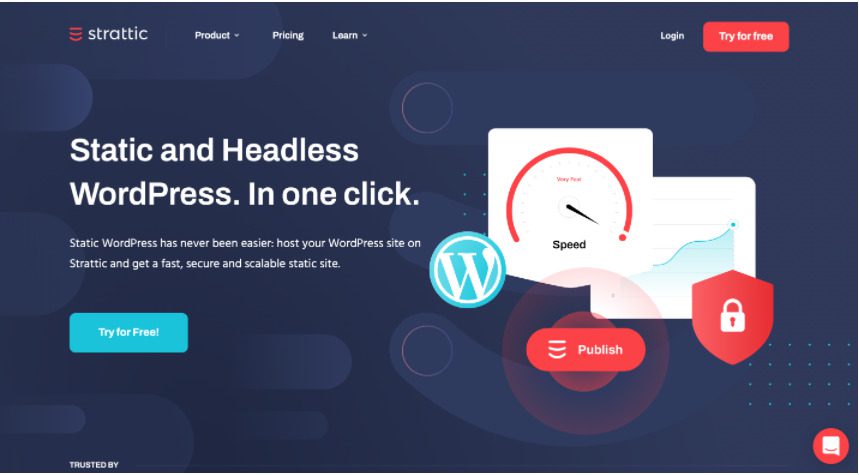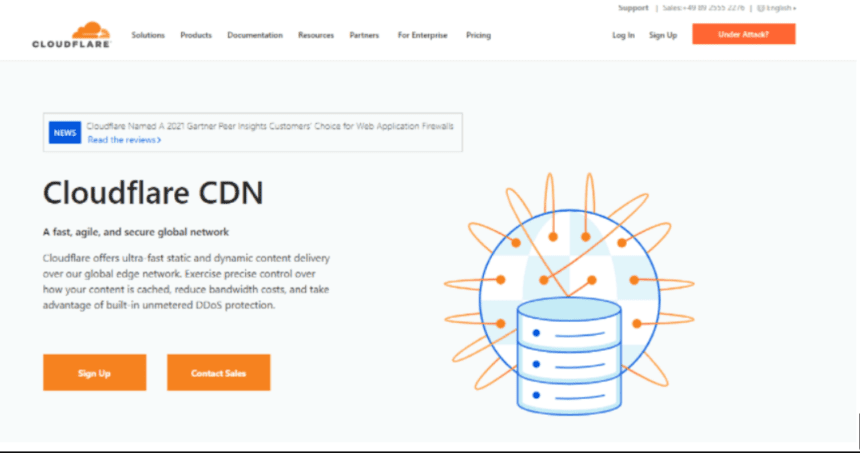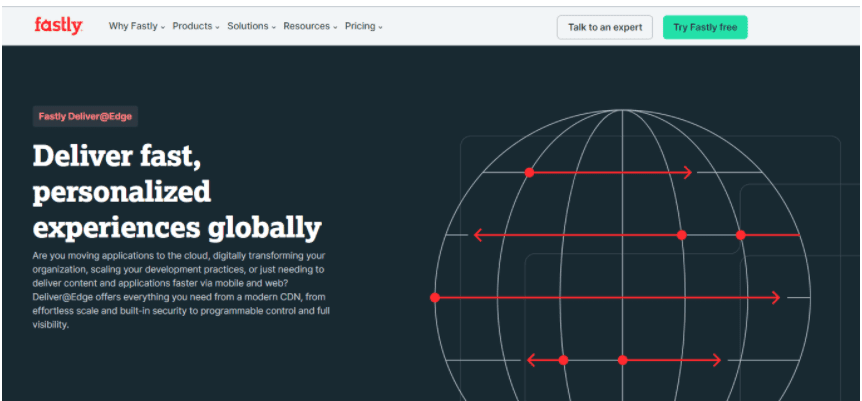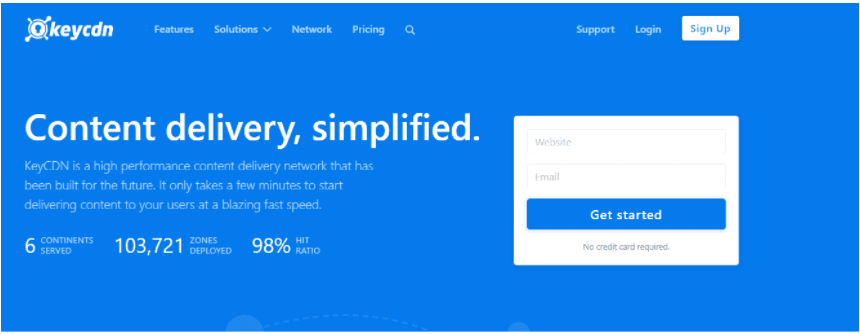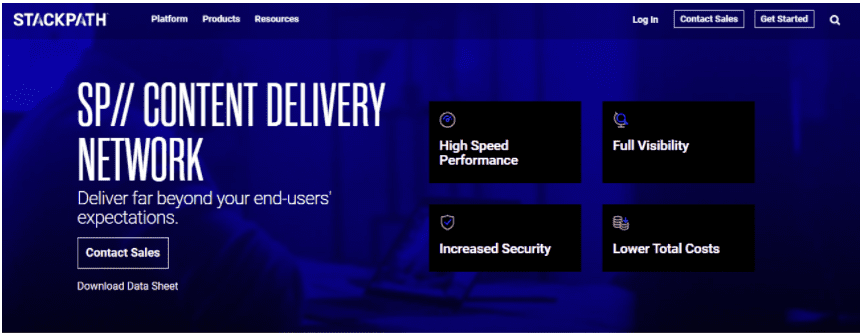There are many ways to improve the speed of your website or your web application. One method is using a content delivery network, also known as a CDN. In simple terms, a CDN is a geographically distributed network of servers that helps reduce delays in loading website content by reducing the physical gap between the server and the user.
Such a network is usually composed of an origin server and multiple edge servers. The origin server acts as the main server where the files are hosted, and the edge servers host cached versions of the content.
A CDN provides value to a web application in the following way: When a user accesses the web page, the web server responds with the main file, index.html, and the rest of the files, the static assets, are delivered to the browser by the edge server physically closest to the user. Thus, the required distance covered is considerably reduced.
Don’t confuse CDN with web hosting as CDN is used only for static assets, images, JavaScript, and CSS files—all the resources that don’t change from one request to another. In case you’re looking for a solution that integrates a CDN with web hosting, you can use tools like Strattic.
This tool for WordPress-based websites converts WordPress applications into static assets and then deploys them on a CDN for increased loading speed. Such tools make traditional web hosting obsolete, as they provide the tools needed for serving your application very fast to end-users within one combined solution.
Most modern web applications use CDNs. So, if you want to add one to your existing architecture, here is a list of some options.
1. Cloudflare
Cloudflare is one of the most popular CDN providers with almost 180 POPs (points of presence) across six continents. It became well acclaimed when, in 2014, it mitigated the most persistent DDoS attack at that time, blasting 400GB/s of incoming traffic.
It comes with a free plan that may solve most of the problems of small websites/web apps as it offers free and automated SSL certificates and unmetered DDoS protection that can go up to 65 Tbps. The benefits increase considerably if you switch to their Pro or Business plans, which have enhanced security and advanced optimization features.
Pros:
- Free plan
- Vast network that has very large coverage around the world
- HTTP/2 and HTTP/3 support
- API for developers that can be used for automation
- Great DDoS protection
Cons
- Support only for paid plans
- Limited security rules
2. Fastly
Fastly is an edge cloud platform that provides many features like image optimization, video streaming, load balancing, and CDN solution. It has a robust network that serves more than 800 billion requests per day with an average response time of 200ms.
Their strategy differs from the classic legacy CDNs, and instead of deploying thousands of small scattered POPs, they placed fewer but more powerful POPs at strategic markets around the world. The network stretches across six continents], and their exact location and metrics are visible on their website.
Pros
- DDoS protection
- API for developers
- Dynamic site acceleration
- Instant cache purging
- Supports multiple protocols
Cons
- Offers a trial but not a FREE plan
- High SSL prices
3. KeyCDN
KeyCDN, another great CDN provider, has a presence in six continents with approximately 40 POPs and another six in the pipeline created.
Their pay-as-you-go price model has a minimum usage requirement of $4 per month. Although this a great benefit for small websites whose needs are usually below market minimums, this aspect must be considered once your site gains traffic, as there is no limit to the value the bill can reach.
Pros
- Pay-as-you-go plans
- Customer support is available 24/7 for all customers at no additional cost
- Real-time image processing and video streaming
- DDoS protection
- Support for HTTP/2 protocol
- Free SSL
Cons
- Limited security features
- Zone pricing—prices differ based on the selected zone, and only the first three zones are free
- There is a minimum payment of $48 that customers must make
- No free plan or trial
4. StackPath
StackPath is yet another popular CDN provider that offers a CDN that is easy to use and manage. It comes with real-time analytics and a free proprietary EdgeSSL certificate. The network has over 50 POPs that stretch across five continents.
Its features include serverless scripting, which allows developers to build stateless applications on their global edge computing platform, and unique optimization tools like GZIP compression and highly custom CDN rules that control the way requests are handled and provide seamless flow of content, respectively.
Pros
- SSL certificates included in the plan
- Easy to use and manage
- Complete visibility with built-in analytics
- REST API
- DDoS protection
Cons
- Offers a trial but not a FREE plan
A CDN can speed up the loading of a site, which positively impacts the user. Thus, a CDN can be an important asset for your application, especially if you have a large number of static content objects to be delivered—images, videos, and so on. If, on top of this, you add the benefits of streaming and real-time image optimization, then having CDN becomes a must.


